Seasons, occasions, weather, and comfort all play a very big role in deciding which type of material will best suit your shirt.
So you found a great pattern that would make a gorgeous shirt, but you can’t decide what material would best suit the style – what are you going to do?
Well, you’ve come to the right place!
In this guide we’ll be assessing 11 of the best fabrics for making shirts. It sounds easy, but there’s a lot to consider when making your own clothes. You’ll want fabrics that are comfortable, breathable, soft, and all at the same time look attractive.
Let’s get started!
What Are The Best Fabrics For Making Shirts?
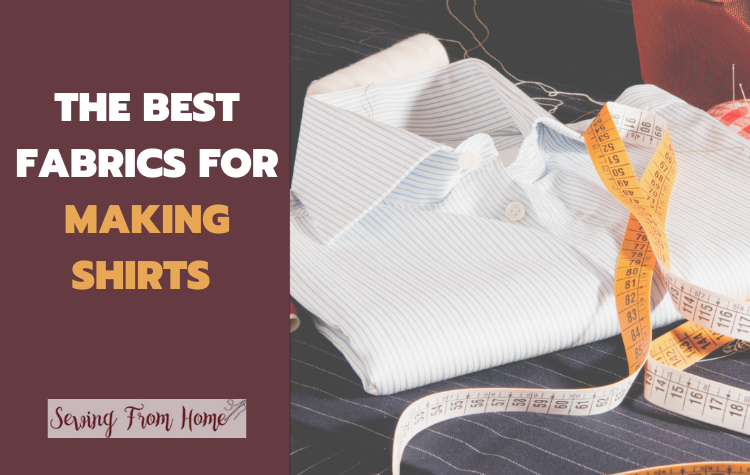
1. Fine Cotton
Fine cotton, also known as chintz, is a 100% cotton fabric made from fine yarn with a plain weave.
This type of fine cotton has a softer and lighter feel against your skin and is perfect for the summer months.
The thing with fine cotton is that there are several different ones. Some are specific to countries like Egyptian cotton, Swiss cotton, Sea Island, and American Pima cotton. These kinds of cotton tend to be premium fabrics and the most popular and desirable cotton for dress shirts. But as with anything that is premium, it does come with a premium price tag.
Fine cotton is made from the same cotton plants; what sets it apart from normal cotton is the term extra-long staple length, which allows the cotton to be spun into thinner and much stronger yarns.
These types of cotton will also have a much higher thread count and generally a 2-ply construction for durability, making it softer and more luxurious.
Pros
- Extremely comfortable and soft
- Natural look
- Breathable
- Easy cleaning care
Cons
- Expensive
- Wrinkles easily
2. Cotton
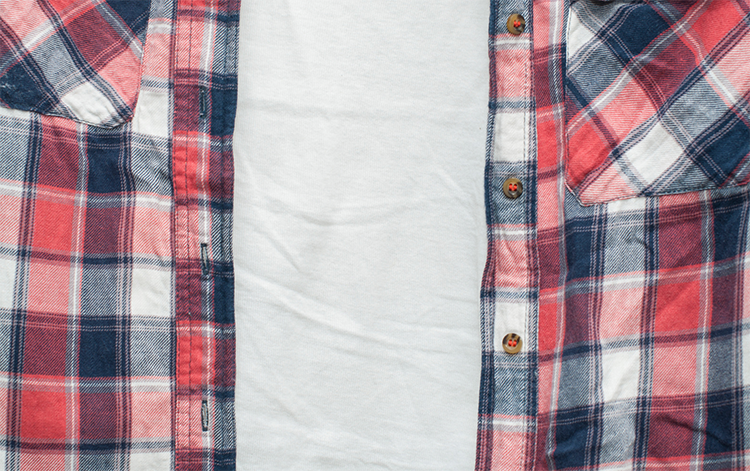
Although cotton is a general term as you have many different forms of cotton ranging from your high-quality Supima cotton, Egyptian cotton, and Pima cotton that tend to be a much higher weave, they are also much higher in price.
Their durability and comfort are superior to any other materials.
But let’s talk about your more affordable cotton range that is better suited as an everyday fabric that won’t break the bank. Cotton is your most popular fabric for shirts as it is versatile, affordable, and widely available. This fabric offers comfort and is extremely breathable, which is perfectly suited for all-year-round use.
Pros
- Breathable
- Comfortable
- Readily available
- It comes in a various colors and patterns
- You can easily screen print
Cons
- Wrinkles
- Shrinks
- It doesn’t provide insulation against the cold
- Farming cotton requires many toxic chemical methods that are harmful to the surrounding nature
3. Silk
Silk, made from protein fiber, is a natural fiber made from silkworms. Natural silk is soft to the touch with a silky, luxurious feel to the material. It is the softest and smoothest material in the world – making it somewhat delicate to sew!
Since silk drapes beautifully and is lightweight, it makes for a comfortable feel against the skin that helps keep you cool in summer but can also retain body heat during cooler months.
Combining silk with other fibers like linen can increase the advantages of both fabrics to create an exquisite blend.
Pros
- Soft and luxurious feel
- Drapes well
- Lightweight
- Hypoallergenic
- Dries fast
Cons
- Relatively expensive
- Special cleaning care required
- Static cling in winter
- Poor elasticity
- Prone to perspiration marks and stains
4. Linen
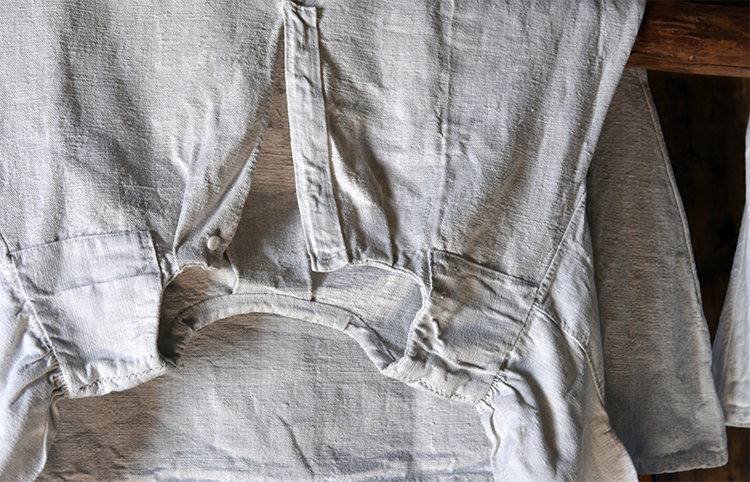
Linen is a material made from flax plants, and its robust natural cellulose fiber makes it desirable for making shirts because of its resilience and versatility. This fiber is also great for the summer months as the fabric is light and breathable.
You can say linen is one of the oldest clothing materials in the world, as this has been around for thousands of years – and it’s even used for curtains!
Pros
- Breathable and absorbent
- Machine washable
- Durable
- Mildew resistant
Cons
- Wrinkles easily
- It needs to be ironed
- It tends to shrink after washing
5. Flannel
Flannel can be made using a blend of different materials such as cotton, wool, polyester, and blends. Flannel is a fabric made of twill or poplin weaved fabric that has been brushed and has different characteristics depending on the fiber contents.
Using cotton, wool, or polyester flannel fabrics allows the fabric to drape well, sit comfortably, and is a durable material that will last you many seasons, so make sure to buy something that will look great for years to come.
Wool offers heat insulation properties and helps retain the heat, making this an ideal shirt for the cold winter months.
Pros
- Warm and soft
- Breathable and absorbent
- Durable
- It doesn’t wrinkle easily
Cons
- Colors can bleed
- Tends to pill
- Not ideal for sensitive skin
6. Rayon
A bit of a different way of making material compared to your traditional fabrics, rayon is made from wood chip, wood pulp, and bamboo fibers. Unfortunately, this is not a natural fiber as it uses chemicals to manufacture a synthetic end product.
Although not a natural product, it has some great benefits that make it an ideal fabric for making shirts that drape well.
Pros
- Outstanding drape and movement
- Affordable
- Easy to dye
- Breathable and comfortable
- Made from renewable resources
- Absorbent and soft
Cons
- Ages poorly
- Uses chemicals that are not eco-friendly and cause environmental pollution
- Stretches easily when wet
- Careful cleaning requirements needed
- Does not insulate against the cold
- Stains easily
7. Wool
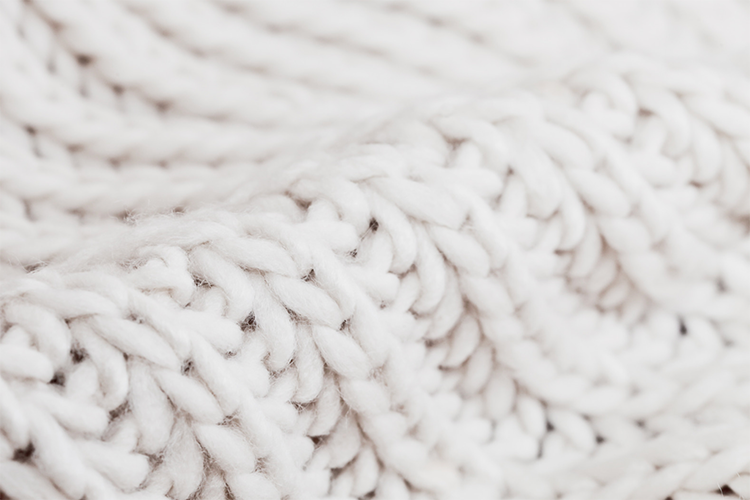
Wool is a natural protein fiber made from the shearing of sheep or other fibers of an animal.
One of the few fibers found that is outstanding on its own and doesn’t need to be blended with other materials to increase the benefits.
Pros
- Insulates the heat well
- Doesn’t wrinkle
- Wicks moisture away
- Odor resistant
- Breathes well
- Best shirt fabric for heat retention
Cons
- Prone to shrinking
- Special cleaning care needed
- Can feel scratchy
8. Hemp
Hemp is harvested and made from cannabis plants. Although not as popular as other fabrics, this is one of the first fibers that was spun into yarn. It’s a sustainable fabric as the hemp plant is one of the fastest-growing plants.
Many types of apparel now include hemp, not just shirts!
Pros
- Sustainable
- Strong
- Hypoallergenic
- Breathable UV resistant
Cons
- Wrinkles easily
- It can be scratchy
- Not ideal for sensitive skin
9. Polyester
The world’s most popular fabric, polyester, is designed with breathability in mind and makes a great fabric for countries with extremely high temperatures and humidity.
Today’s high-tech has made it possible for this fabric to feel just as comfortable and luxurious as any other natural fabric on the market.
Polyester is often blended with other fabrics to reduce costs in manufacturing and increase the wearability of some more restraining materials. Take cotton, for example; the comfort and breathability of cotton mixed with the flexibility and durability of polyester.
Pros
- Inexpensive and durable
- Lightweight and flexible
- Dry’s quickly
- Shrink and wrinkle resistant
Cons
- Static build-up
- Holds odors
- Not good for sensitive skins
10. Poplin
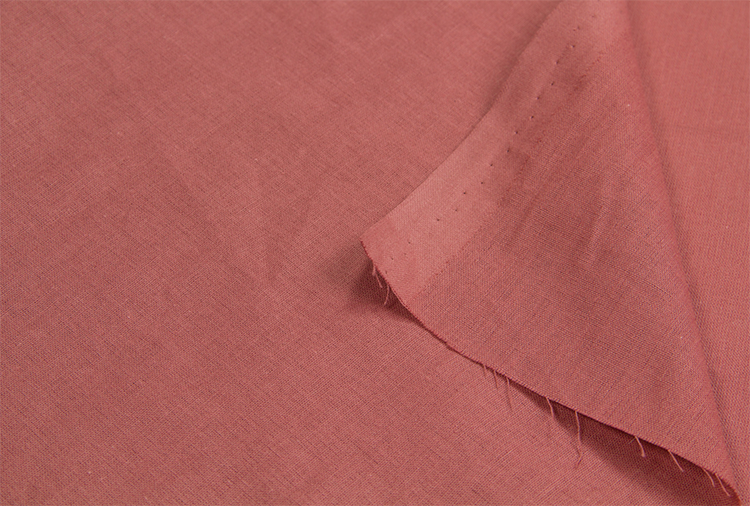
Poplin is more a kind of weave made up of cotton but can also be made up of wool. Poplin is a popular fabric as it gives a smooth and crisp feeling with its tightly woven pattern that creates a high-quality fabric.
It is characterized by the weave of a horizontal warp that uses a colored thread and a vertical weft that uses white threads, allowing for a durable fabric that won’t rip or tear easily.
It will look like a solid color from far, but on closer inspection, you will find a slight pattern that adds dimension to the fabric.
Pros
- Lightweight
- Breathable
- Durable
Cons
- Slightly transparent
- Wrinkles easily
11. Twill
Twill can be easily identified as it has a diagonal rib textured weave. The diagonal effect can differ from fine, subtle twill to larger cavalry twill. This design always gives the fabric a sheen that varies according to the types of fibers used.
The twill fabric has a very tight weave that takes a high thread count, making this material much more durable than any other material. It is also a much heavier fabric that, at the same time, drapes incredibly well on the body.
Pros
- Resistant to wrinkles
- Shows fewer stains
- Drapes well
- Durable
Cons
- Heavier than other fabrics
- More expensive
- Not very crisp and needs to be ironed
What Is The Best Fabric For Dress Shirts?
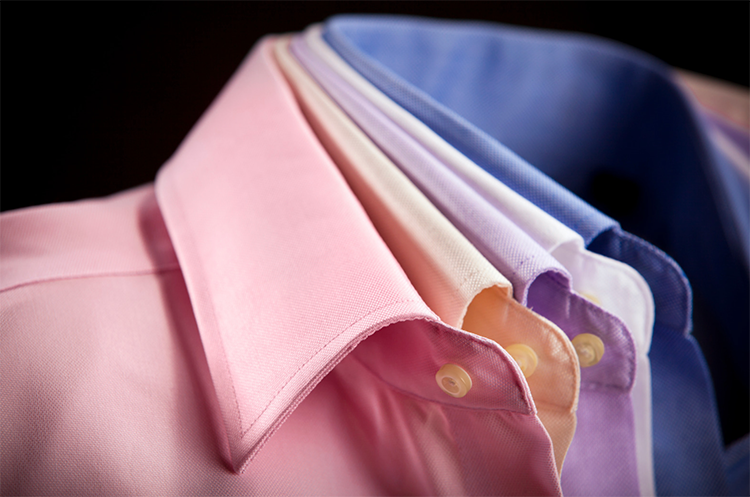
Let’s not beat around the bush; if you can afford fine cotton fabric, then those are the ones you should buy. Their comfort, durability, and softness make them ideal for dress shirts.
However, not all occasions will call for fine cotton, so when choosing a material to make shirts, you need to consider the occasion, purpose, season, and budget of course. You can’t exactly wear a flannel shirt with your tuxedo.
Cotton is normally the most popular when choosing a more affordable fabric as it checks most of the boxes with more advantages than most other materials. It is durable, breathable, and, most importantly, comfortable to wear.
With the strength of cotton, it is also possible to make a range of weave patterns and fabrics with different thread counts.
The quality of the fabric is very important when making a dress shirt as they are in direct contact with your skin.
Most dress shirts are woven rather than knitted fabrics, giving you a soft, breathable feel.
But for the colder months, a flannel shirt for casual purposes is a great fabric to use.
This material can be made with a blend of different fibers to create a different texture. This fabric is perfect for keeping in the heat for cold winter months and is absorbent enough to wick moisture away from the body.
Final Thoughts on Choosing Shirt Fabrics
There are many different types of material that can make your shopping experience a bit overwhelming.
All the above materials are a great choice, but getting the perfect material will depend on some factors as to what you expect out of your fabric.
With the pros and cons of all the fabrics above, we hope that choosing your material will be a much simpler experience!
